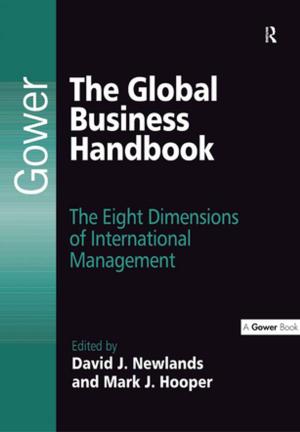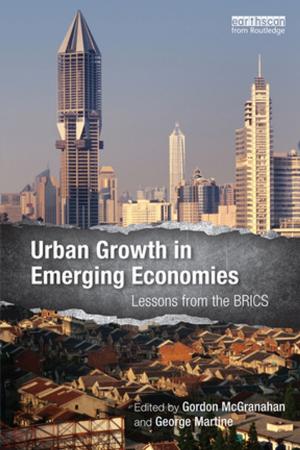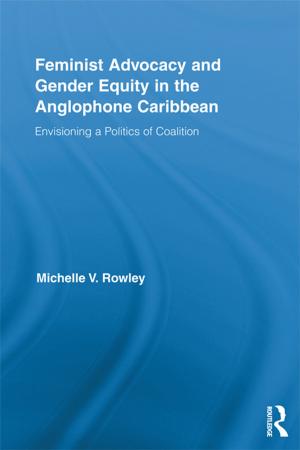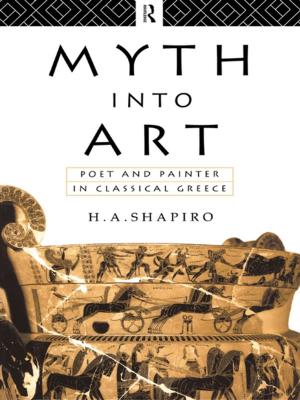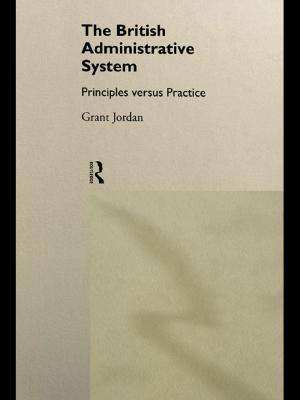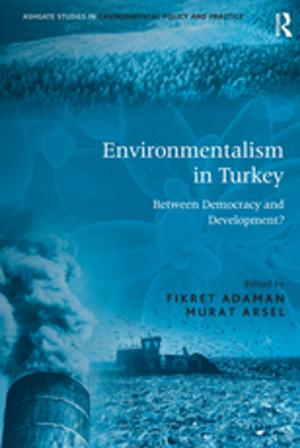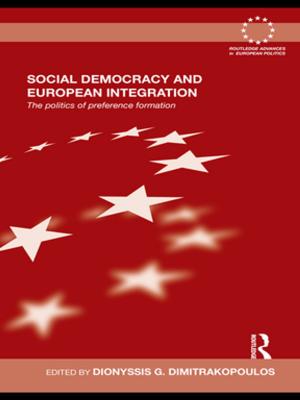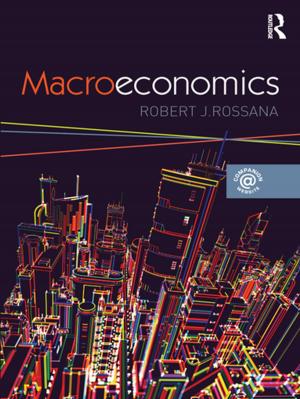CHINA AND THE MIDDLE EAST
from Silk Road to Arab Spring
Nonfiction, Social & Cultural Studies, Political Science, Politics, Reference, International, International Relations, Reference & Language| Author: | Muhamad Olimat | ISBN: | 9781135102210 |
| Publisher: | Taylor and Francis | Publication: | November 27, 2012 |
| Imprint: | Routledge | Language: | English |
| Author: | Muhamad Olimat |
| ISBN: | 9781135102210 |
| Publisher: | Taylor and Francis |
| Publication: | November 27, 2012 |
| Imprint: | Routledge |
| Language: | English |
This manuscript examines relations between China and the Middle East in historical context. It highlights some of the most important events that characterize the ties between China and the Middle East, and examines their relationship in key areas that include energy, trade, arms sales, culture and politics.
The centre of China’s relations with Israel is arms sales and advanced technology, while the core of Sino-Saudi relations is oil. Iran and China are tied with deep historical, civilizational, cultural and political relations, but China’s current interests in Iran centre on oil. Relations between China and the United Arab Emirates (UAE) centre on trade. The UAE serve as a primary hub for Chinese business corporations not only in the Gulf or the wider Middle East, but also in Africa and the world. China’s relations with Algeria have been based on political co-ordination since the early days of the Algerian War of Independence and the early days of the People’s Republic of China. China provided Algeria with political, diplomatic and military support to accomplish its national liberation from France. Since then, their partnership has developed.
Finally, the book develops a tridimensional approach in which China’s ties with Middle Eastern countries are viewed as an outcome of interaction between three actors in each situation. The book reaches the conclusion that China’s national interests in the Middle East are only increasing, and it is anticipated that Sino-Middle Eastern relations and strategic partnerships will be enhanced in the near future, provided that China is not perceived as undermining the Arab Spring.
Key Features
- Offers an in-depth analysis of Chinese-Middle Eastern relations
- Assists students and scholars in understanding the uniqueness of the Chinese model of engagement in the Middle East
- Explains why most Middle Easterners prefer China’s engagement to Western engagement
- Explores the future of Sino-Middle Eastern relations
This manuscript examines relations between China and the Middle East in historical context. It highlights some of the most important events that characterize the ties between China and the Middle East, and examines their relationship in key areas that include energy, trade, arms sales, culture and politics.
The centre of China’s relations with Israel is arms sales and advanced technology, while the core of Sino-Saudi relations is oil. Iran and China are tied with deep historical, civilizational, cultural and political relations, but China’s current interests in Iran centre on oil. Relations between China and the United Arab Emirates (UAE) centre on trade. The UAE serve as a primary hub for Chinese business corporations not only in the Gulf or the wider Middle East, but also in Africa and the world. China’s relations with Algeria have been based on political co-ordination since the early days of the Algerian War of Independence and the early days of the People’s Republic of China. China provided Algeria with political, diplomatic and military support to accomplish its national liberation from France. Since then, their partnership has developed.
Finally, the book develops a tridimensional approach in which China’s ties with Middle Eastern countries are viewed as an outcome of interaction between three actors in each situation. The book reaches the conclusion that China’s national interests in the Middle East are only increasing, and it is anticipated that Sino-Middle Eastern relations and strategic partnerships will be enhanced in the near future, provided that China is not perceived as undermining the Arab Spring.
Key Features
- Offers an in-depth analysis of Chinese-Middle Eastern relations
- Assists students and scholars in understanding the uniqueness of the Chinese model of engagement in the Middle East
- Explains why most Middle Easterners prefer China’s engagement to Western engagement
- Explores the future of Sino-Middle Eastern relations




